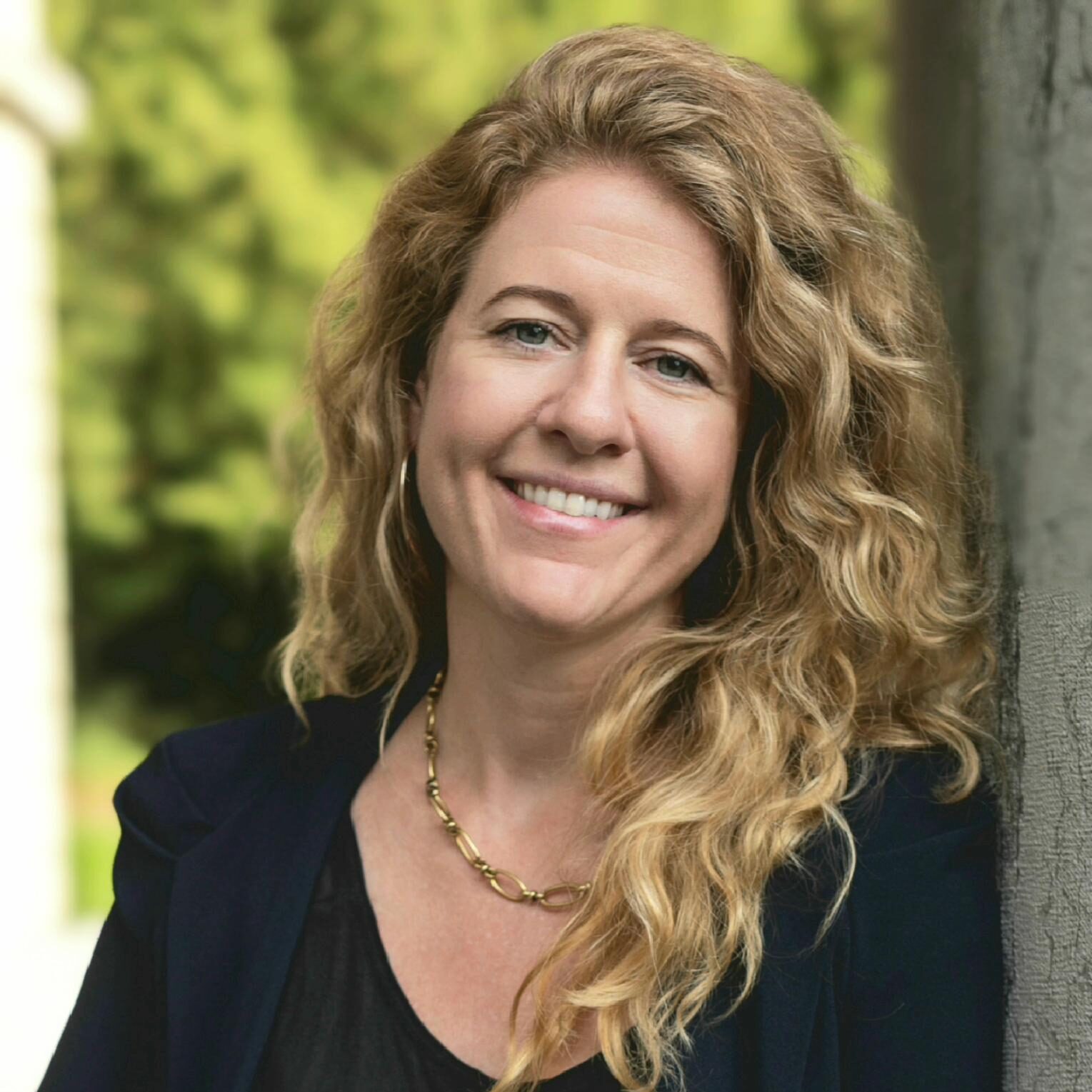

By Ashley Munro, Claims and Integrity Manager at the Better Cotton Initiative (BCI)
We’ve had a busy autumn at the Better Cotton Initiative (BCI) – launching our rebrand and new product label and taking part in industry events and meetings with members from across the cotton value chain. One clear theme running through many of these conversations has been how sustainability claims, supported by Voluntary Sustainability Standards (VSSs), can drive the change our industry needs.


A changing landscape
Across the apparel and textile sectors, sustainability claims are evolving – moving from broad, aspirational statements to clearer, evidence-based messages that reflect measurable progress. Companies are increasingly looking to show impact around sourcing, traceability, and environmental performance, while reconnecting with the people and practices behind their supply chains.
This shift reflects a broader understanding that claims are not just communication tools but mechanisms for progress. When done well, they guide investment, shape consumer expectations, and influence behaviour across the value chain.
For BCI, this means our role as a Voluntary Sustainability Standard (VSS) goes beyond certification. Our standard provides the foundation for credible claims that link everyday products and brands to real improvements in cotton farming. These claims can help turn complex sustainability work into understandable, transparent messages – building confidence among consumers and stakeholders alike.
Ultimately, this evolution is driven by a demand for accountability. Consumers, markets, and regulators are all asking for clearer proof of impact. Reliable claims – supported by strong voluntary systems – help ensure that sustainability becomes a shared responsibility, rather than a marketing message.
Bridging policy and practice
The upcoming EU Empowering Consumers Directive and the draft Green Claims Directive aim to make sustainability communication more transparent and comparable. For the first time, legislation defines what sound claims and robust certification schemes should look like.
These developments raise the bar for everyone – including voluntary standards. We began preparing early, aligning our assurance systems and Claims Framework with emerging requirements and consulting authorities to ensure our systems meet expectations.
But this is not just about compliance. Legislation can only drive meaningful change if it is backed by systems that work in practice – standards, assurance, and data collection that reflect the diversity of cotton growing conditions, local contexts, and the day-to-day realities farmers face.
VSS can help bridge the gap between policy and practice. They provide the tools that enable compliance – ensuring traceability, third-party assurance, and verifiable data to support claims. In doing so, VSSs help brands communicate confidently – and help consumers make informed, empowered choices.
Drivers of change
For claims to make a difference, they must rely on action. Voluntary standards create the structure that connects impact in the field to communication in the market. BCI’s standard defines clear criteria for sustainable cotton production, while our monitoring and evaluation systems verify that progress.
We also help brands communicate through our Claims Framework, designed to guide reliable and consistent claims aligned with best practice.
When brands share their sustainability progress using robust standards, they encourage demand for better practices. This, in turn, supports farmers and strengthens the business case for sustainable production.
Achieving this impact requires collaboration, however. Data collection, assurance, and storytelling all take resources and commitment. Ensuring that these efforts benefit farmers and local communities — those driving change on the ground — is essential for a just and lasting transition.
Looking ahead
The future of sustainability communication lies in claims that create accountability and drive improvement. Voluntary standards are key partners in this shift — offering the systems, evidence, and transparency needed to connect goals with action.
By combining robust systems with clear, accessible communication, we can support claims that not only enable compliance but that are meaningful — helping the industry move from talking about change to truly delivering it.







































